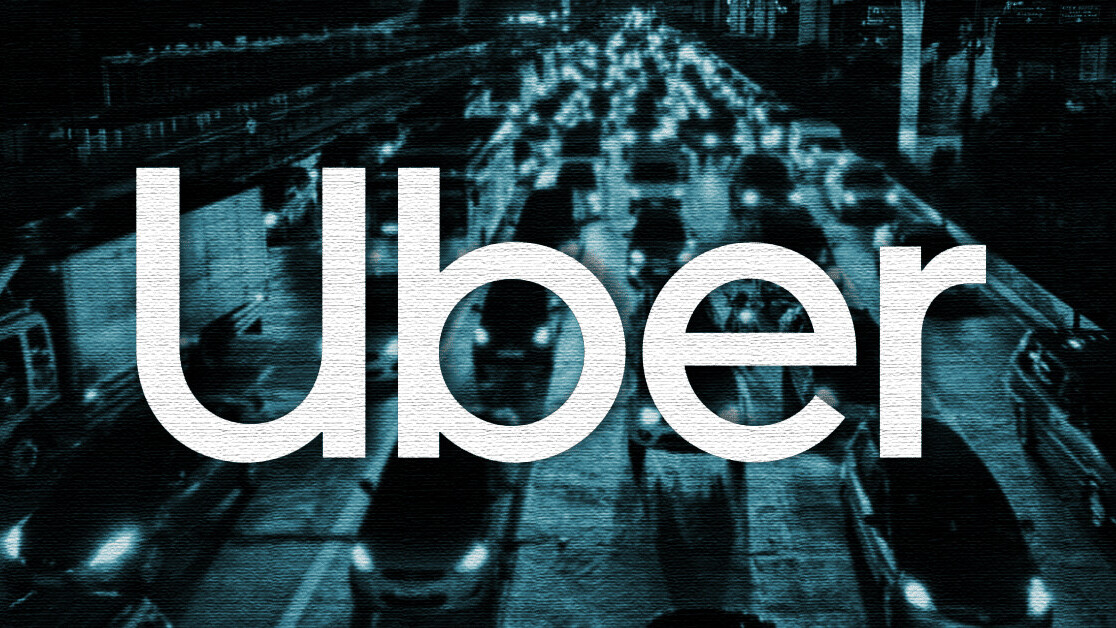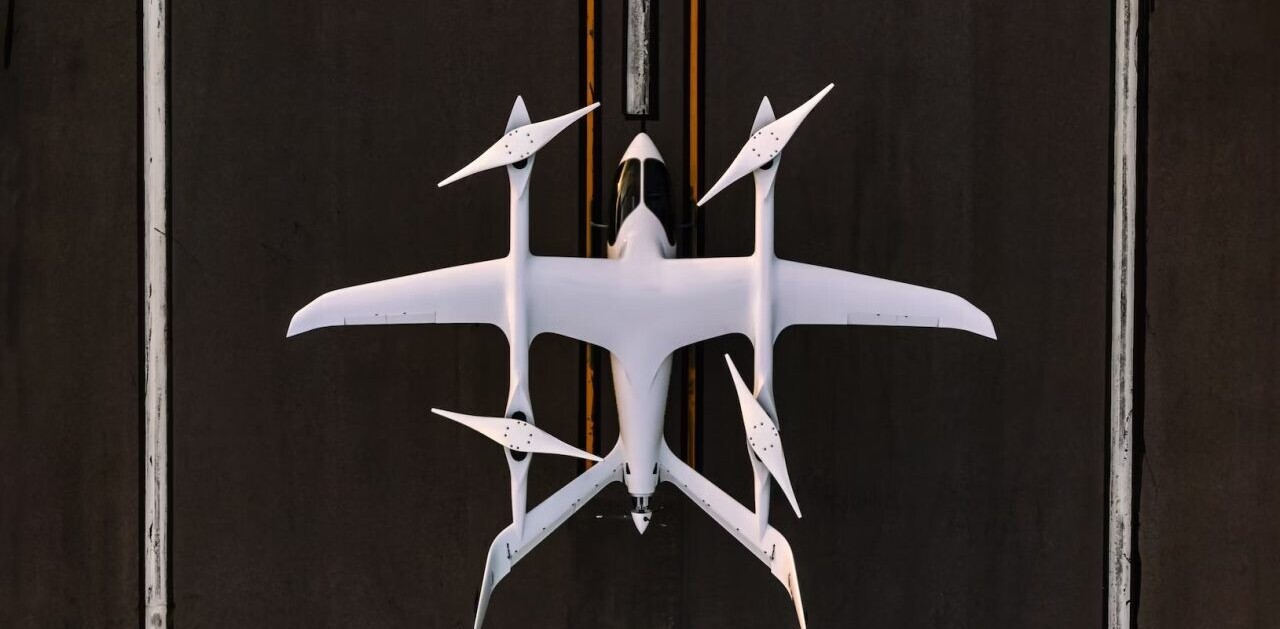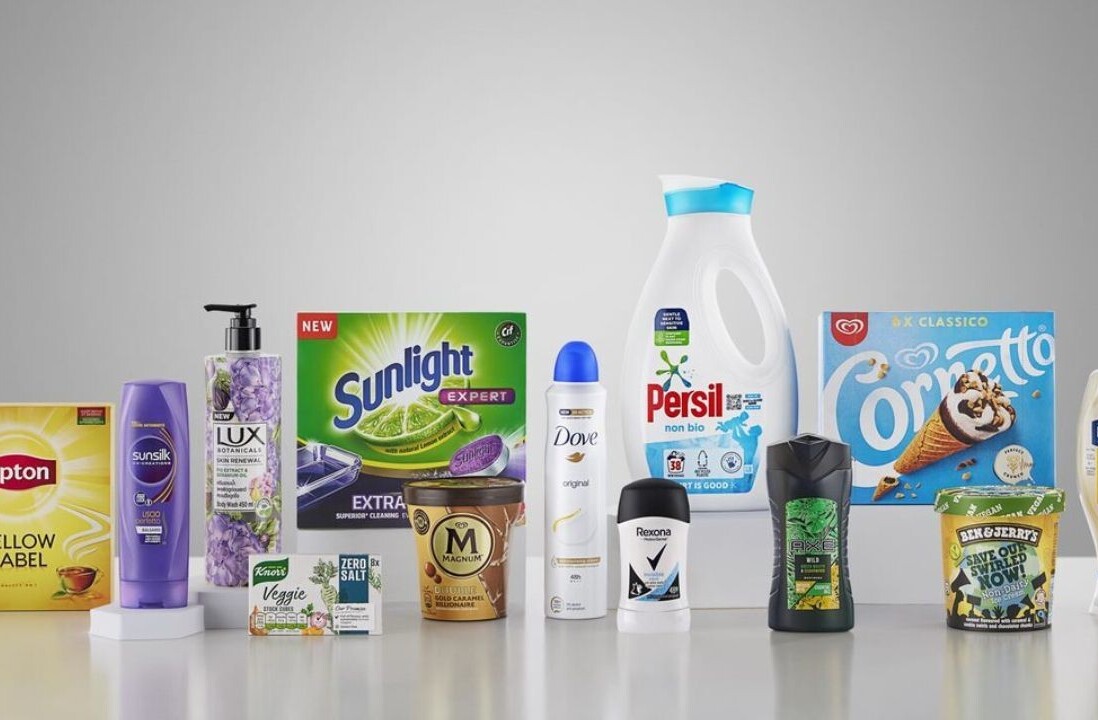
According to the San Francisco Chronicle, Uber is thinking about stopping its drivers from being able to see the destinations and potential prices of ride requests.
Yet again, it shows the ride-hailing Übermensch doesn’t really prioritize its drivers. It’s classic poor form from Uber, and I’m going to explain why.
As the Chronicle points out, last year, Uber began letting its drivers see ride destinations and pricing information before accepting rides. In reality, this was a thinly veiled attempt to make it seem like the company was giving its workers some kind of independence and control over how they operate.
With the latest news, it seems this was nothing more than ballot posturing in preparation for Prop 22, which passed last November.
Prop 22 was a huge campaign, involving not just Uber, but its ride-hailing competitor Lyft, and food delivery service DoorDash. In short, Prop 22 was designed to persuade the Californian voting public to officially classify gig-work drivers as independent contractors.
It was a direct challenge on AB5 legislation, which was intended to provide gig-workers with important employment benefits and insurances.
Ultimately, the voting public sided with Uber. Probably for one simple reason, Uber said rides would get more expensive if it had to pay its drivers benefits, and a minimum wage.
Indeed, Uber was and seemingly still is toeing the line of what is a sustainable business, admitting that letting its drivers see destinations and prices has hurt its business.
As a result of being able to see what the most desirable rides are, Uber drivers have been selective over what rides they accept in order to maximize their earnings. The company said drivers have declined more than 80% of ride requests.
Indeed, Uber is stuck between a rock and a hard place right now.
On one hand, it’s not a good look at all. Flip-flopping on its previous decision, which was designed to give drivers more control over how they worked, only to remove that control completely flies in the face of what Prop 22 supposedly embodied.
On the other hand, it’s a terrible customer experience not being able to fire up the app, and get a ride quickly and easily. That also, is very far from what Uber has promised.
“It’s been a pattern, a bit of a tease for Uber to give drivers features they want and then take them away,” Oliver Campbell, who runs the Ride Share Guy blog and podcast, told the San Francisco Chronicle.
Drivers have wanted this feature for a while and will be pissed off if they lose it, he added.
Uber has a difficult decision to make. It can stand by its previous decision to give drivers more control over how they operate and let them select rides. It’s a factor which ultimately helped promote Prop 22. In this case, it will likely continue to watch rides get rejected and no doubt lose customers as a result of poor service.
Or it can stop drivers from seeing destinations and prices, in an attempt to decrease the number of rejected rides. If it does this, it will contradict itself over its previous decisions to protect the independent status of its drivers, and take another step towards becoming a regular ol’ taxi firm.
Do EVs excite your electrons? Do ebikes get your wheels spinning? Do self-driving cars get you all charged up?
Then you need the weekly SHIFT newsletter in your life. Click here to sign up.
Get the TNW newsletter
Get the most important tech news in your inbox each week.




